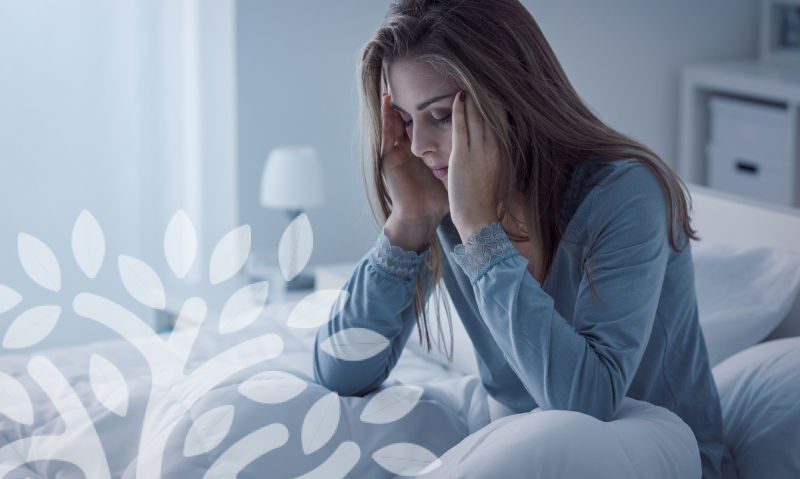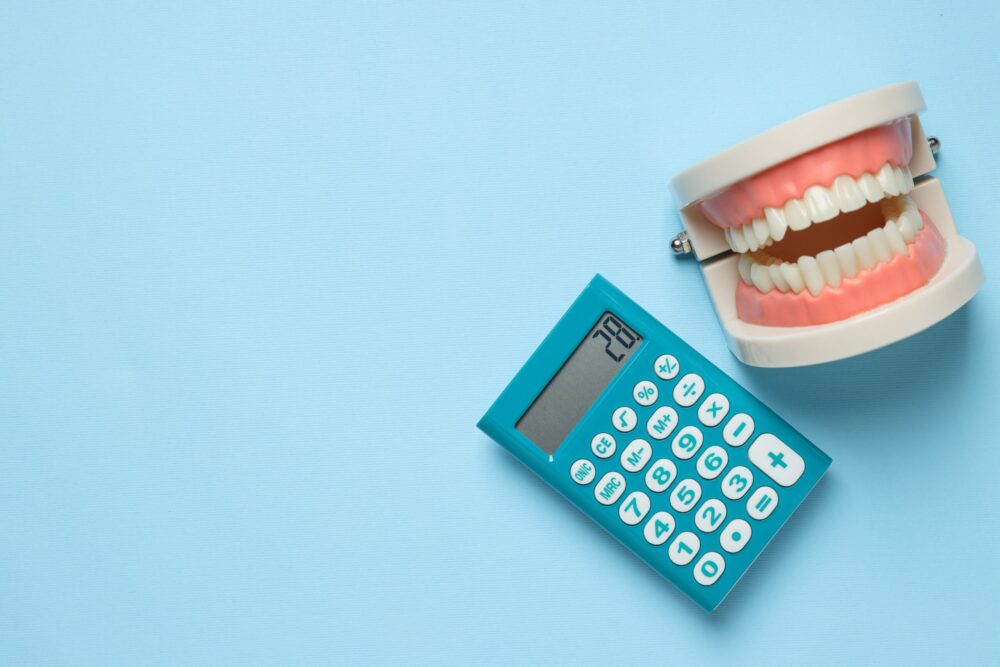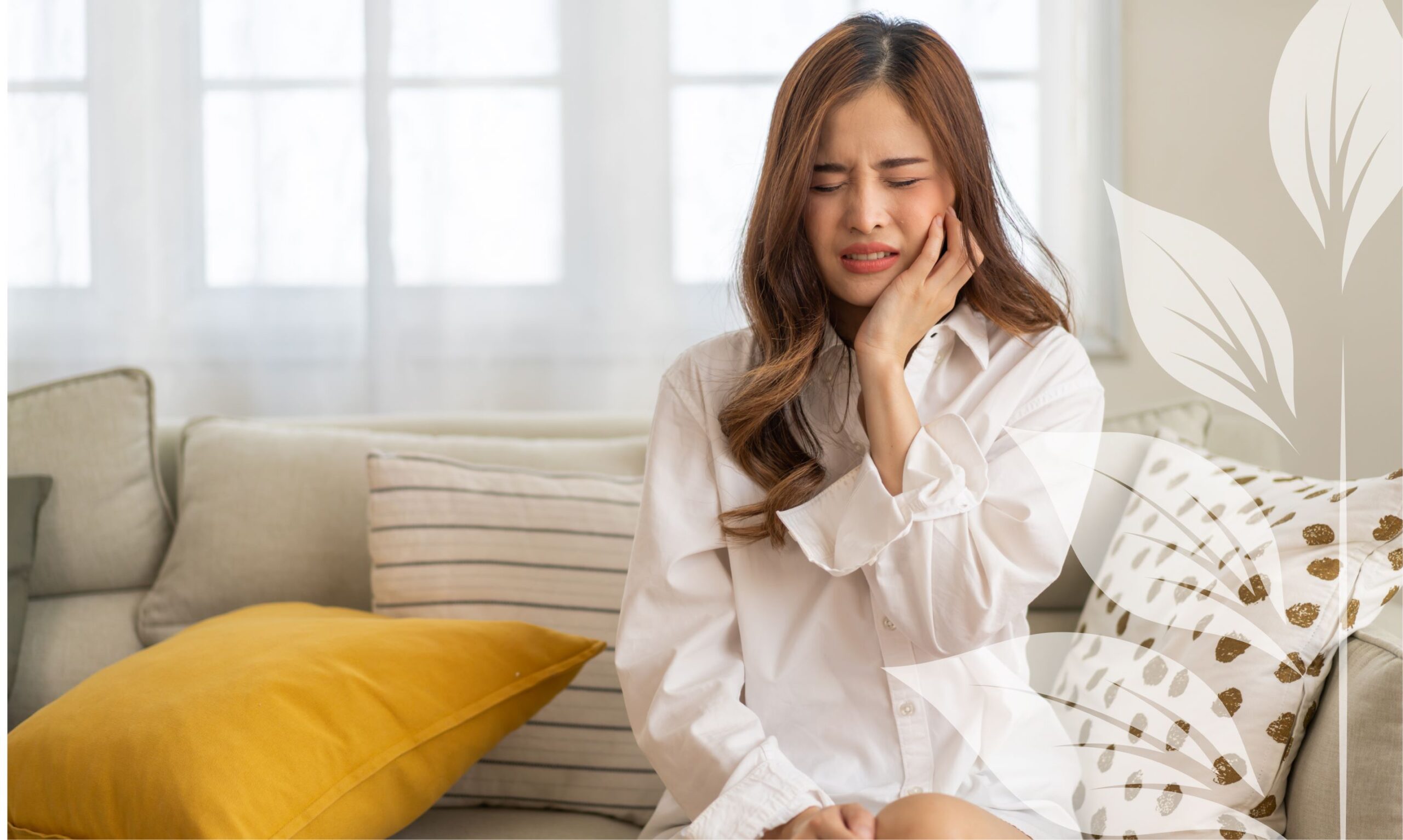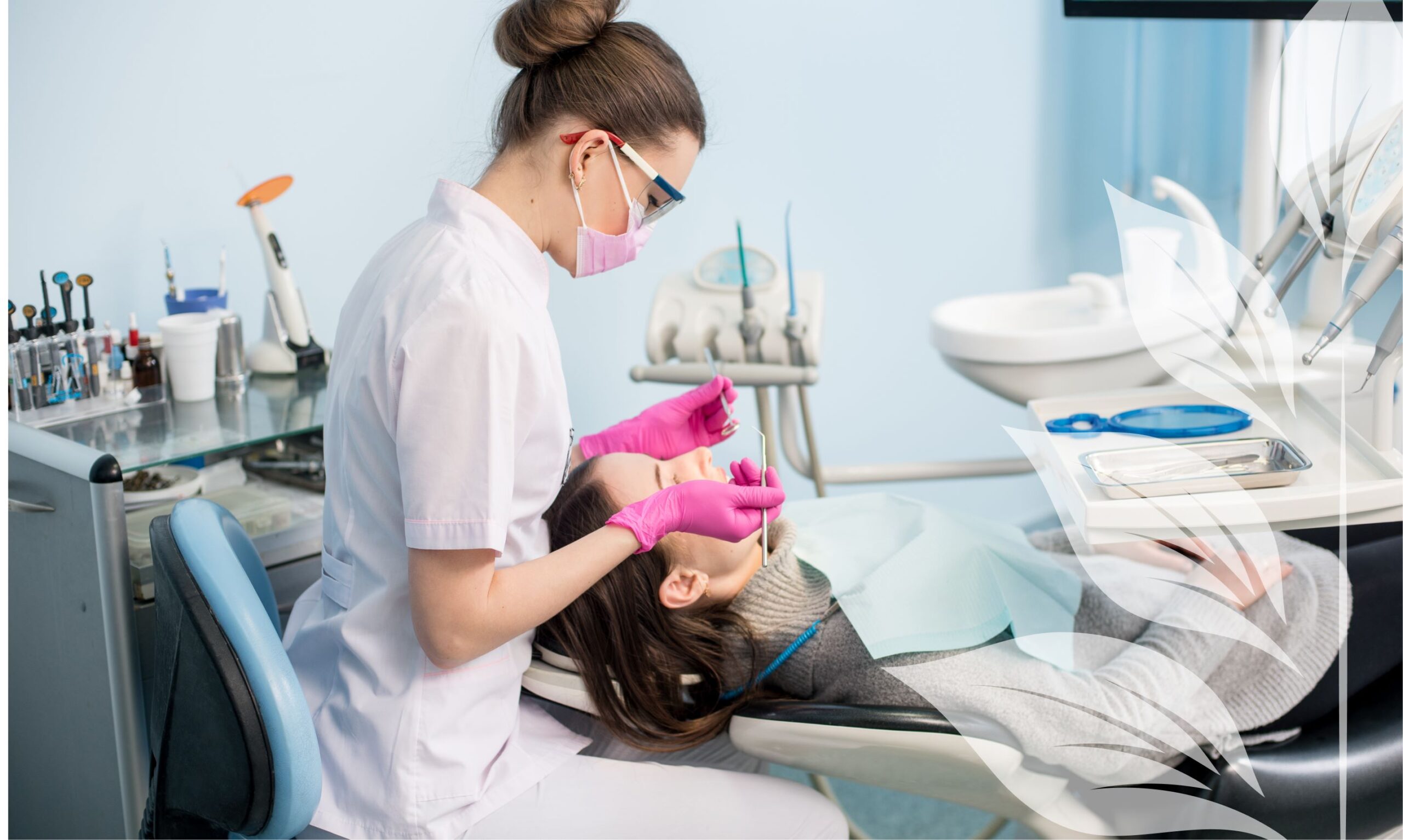Take control of your insomnia.
If you are a restless sleeper or having trouble falling asleep and staying asleep at night, there are many things you can do to ensure you are getting a good night’s rest. Believe it or not, just having a routine can help you get the sleep you need. Keep reading for some helpful ways to kick insomnia.
Stick to a schedule.
One of the easiest ways to cure insomnia is to stick to a schedule. That means you should be going to bed and waking up around the same time every day. This will help your body build up a routine to follow and create your circadian rhythm.
A circadian rhythm is the behavioral events that occur every 24 hours, or in your every day cycle. Normally, your circadian rhythm follows the cycles of dark and light, which explains why most people are tired when it’s dark, and more active during the day.
To help control your circadian rhythm, it is best to follow a schedule, including when you exercise and eat, along with when you sleep. By having a routine or pattern, you can help control, or trick, your circadian rhythm. It is best to keep to your schedule and not deviate from it by more than 15 or 20 minutes.
…But don’t head to bed too early.
While it is important to have a sleep schedule that you follow, it could be just as damaging to head to bed too early. Heading to bed early can change the circadian rhythm that your body follows, so if you head to bed an hour earlier than normal, you are more likely to just shift your schedule by an hour and wake up an hour earlier, versus getting an extra hour or sleep.
Temperature Control
Did you know that if your room is too cold or too hot, that can cause you to have trouble sleeping? The Sleep Foundation suggests the optimal temperature for sleeping is 65 degrees Fahrenheit. The best way to keep this average temperature is by using cooling sheets, which help keep your body a little cooler. You can also sleep with a window open, or use a fan or air conditioner during the warmer months to help keep your bedroom a cooler temperature for sleeping.
Lose the blue lights before bed.
We are all guilty of scrolling through social media or answering emails in bed, but the blue light emitted from the screen could be the reason you can’t sleep at night. While blue light can be beneficial during the day and could even help you stay focused, the blue light wavelengths are thought to affect your sleep cycle, because the body interprets those bright lights as daytime.
Scientists suggest people avoid blue light-emitting screens about two to three hours before bed. And for those who like to read in bed, a light with a red tone is recommended, which can have a calming effect on the body, versus a regular, yellow-toned light bulb.
Grab some morning sunlight.
Your body naturally uses sunlight to help reset its circadian rhythm, which means it is important to get some natural sunlight in your life, especially early in the morning when the sun’s rays are less harsh.
Your body’s internal clock uses light and sunshine to help regulate when you should be awake or asleep. Your body is the most sensitive to light about an hour after you wake up, and about two hours before you go to bed.
Bright sunshine in the morning helps warm and wake up your body, and can help you feel more alert throughout the day. The opposite can be said for darkness, which can cause your body to feel sleepy, which is why many of us are ready for bed a couple of hours after the sun sets. If you are using your phone a lot, or watching TV before bed, both of which emanate bright light. This can trick your body into thinking it is light out again and cause you to not be tired when it is time for bed. This is why doctors recommend skipping the scrolling in bed.
Sleep disorders can affect insomnia, too.
If you have sleep bruxism, or are grinding and clenching your teeth at night, this could be a reason you aren’t getting a restful night’s sleep, Sleep apnea can also cause insomnia in some people. If you are having problems sleeping, it is important you discuss your symptoms with your doctor so they can properly diagnose you. From there, you and your doctor can come up with a plan to help you sleep.
Set up your appointment at Allred Family Dentistry to see how we can help you get a great night’s sleep!
One easy solution for those who are grinding their teeth at night is to use a nightguard. The team at Allred Family Dentistry can fit you properly for a nightguard and help you get some rest if you find your are grinding your teeth, or clenching your jaw. While this may be related to stress, it is a condition that you should talk to your dentist about.
If you were diagnosed with sleep apnea, we can determine the best treatment for your unique situation. Schedule an appointment today and get back to enjoying a full night’s rest.





